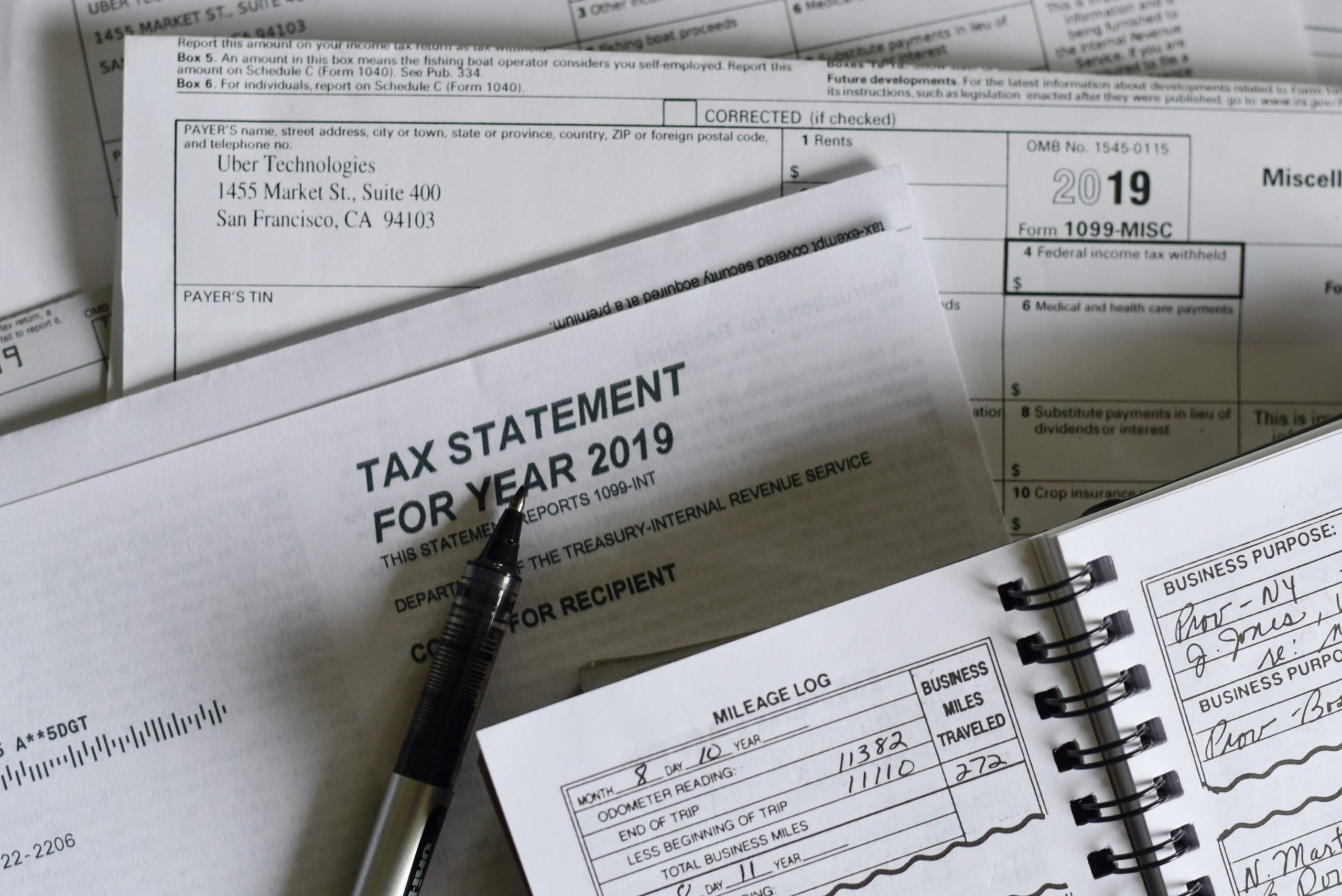Anyone can publish an investment book and appear intelligent at the time. A “hot” stock-picking approach might even strike it rich for a few months or a year as more people join on board – long enough for the author to become wealthy.
However, when a writer promotes the same basic investing approach in twelve editions of the same book over 48 years and it continues to make people wealthy…
It’s time to pay attention. With A Random Walk Down Wall Street, one of the best-selling (and best-performing) investing books in the world, Princeton economist Burton Malkiel has done just that.
I acquired my copy of the book to write this review at the local library, which I highly recommend because it’s free! However, as a result of this, I ended up reading an older edition and missed out on some new information from recent upgrades. You can acquire the book via one of the affiliate links below if you want to own it and know exactly which version you’re getting (learn more). All of our affiliate proceeds are donated to charity.
Monkeys with Darts and Efficient Markets
The efficient market hypothesis is at the heart of A Random Walk Down Wall Street’s major argument. The concept is that the public stock market is a large, competitive marketplace. Stocks are usually always priced reasonably since so many individuals are trying to make profitable transactions all day.
Consider this scenario: If a stock’s current price is $30, but fresh information indicates that it should be worth $35, thousands of individuals will hurry to buy it as soon as possible, bidding up the price until it reaches that fair market value.
The efficient market hypothesis states, in its most basic form, that all publicly available information is represented in the current price of every stock, all of the time. If a fantastic offer exists, it will be quickly exploited until it is no longer available.
In actuality, there is occasionally a lot of debate regarding what a stock’s “correct” price is. In those circumstances, the price usually settles in the middle, still pretty near to where it “should” be.
This may appear to the typical person to be a little abstract at first, but it means something extremely useful:
“…the market rates stocks so efficiently that a blindfolded chimpanzee throwing darts at the stock listings may select a portfolio that performs as well as those managed by experts,” writes Dr. Burton Malkiel.
Malkiel claims (and backs up his claim with many facts) that even skilled stock market mutual fund managers have a hard time regularly outperforming index funds. He concludes that actively managed mutual funds underperform their respective indexes by roughly the same amount as the fees they charge for their services. Active mutual fund managers, in other words, charge more fees for no reason!
When it was initially published, this book was not warmly received by hedge fund managers and Wall Street hotshots, as you might expect. However, it has had a big, positive influence on the common investor. Low-fee index funds didn’t exist when the first edition was published, and Dr. Malkiel advocated for their introduction.





